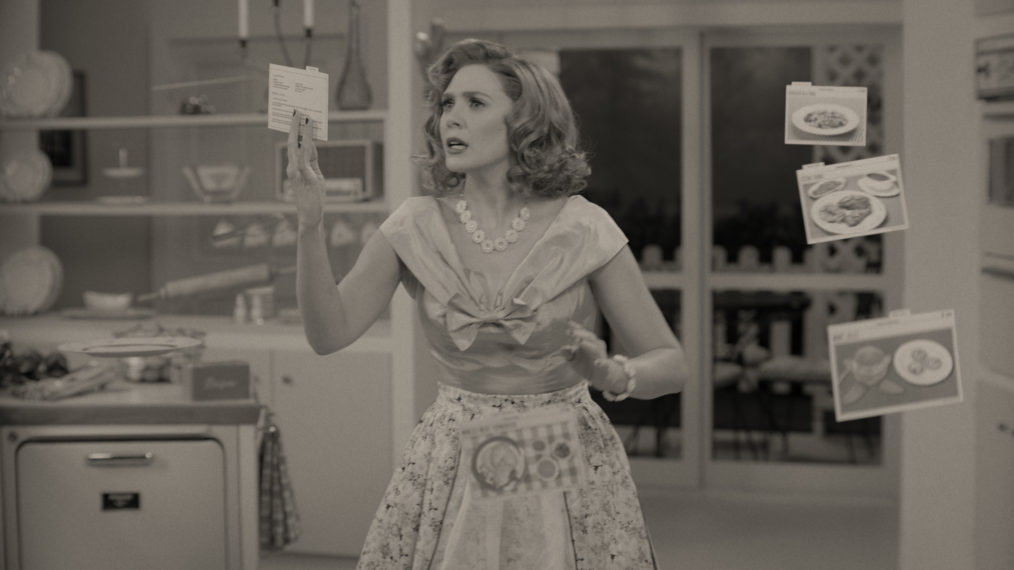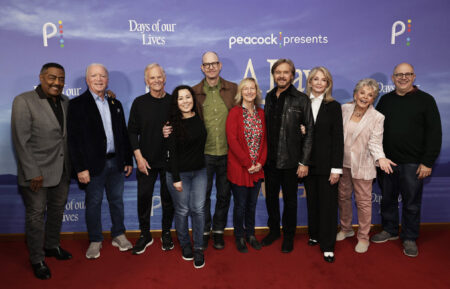Review: Netflix’s ‘Fate: The Winx Saga’ Is Teen Fantasy Perfection
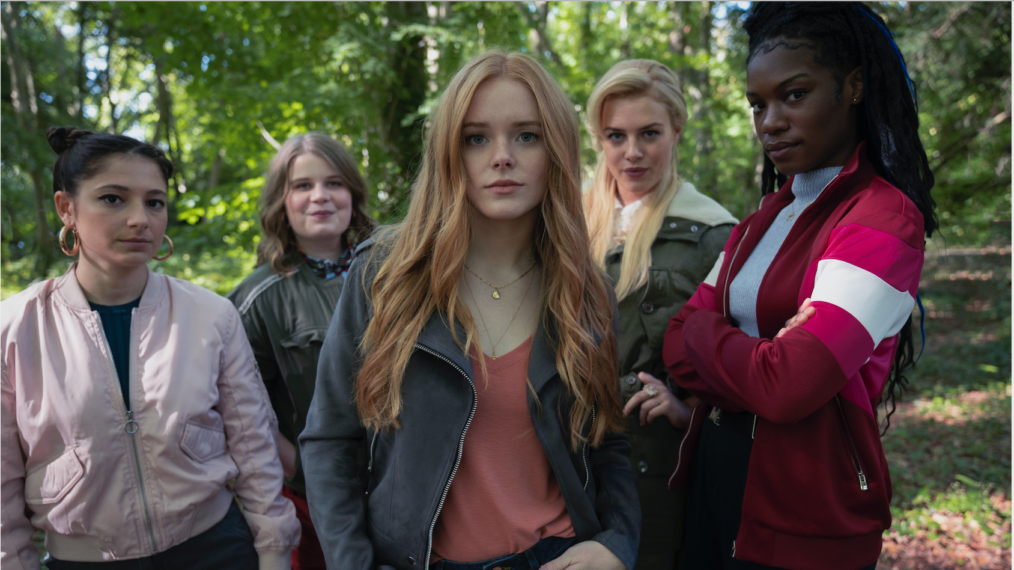
Strap on your wings because the Winx fairies are back. Based on the popular 2004 Italian animated series Winx Club, the Netflix live-action adaptation Fate: The Winx Saga, premiering January 22, is the perfect blend of doing its own thing for an older audience while still capturing the feel of the original.
The series, from creator Brian Young (The Vampire Diaries), follows Bloom (Abigail Cowen, Chilling Adventures of Sabrina), a fairy who grew up on Earth not knowing she was a fairy, as she starts her first year at Alfea, an advanced boarding school for fairies and specialists (we’ll get to what those are).
As she makes friends with her suitemates (the original “Winx Club”), and romantic entanglements quickly arise with the specialists, a more sinister threat looms over the school when monsters called Burned Ones, long believed destroyed, start attacking people on the edges of the school’s magical borders.
Despite a large ensemble cast every character has a distinct personality and arc. The specific relationship dynamics between the different characters feel real, and they all get an appropriate amount of screen-time (no mean feat).
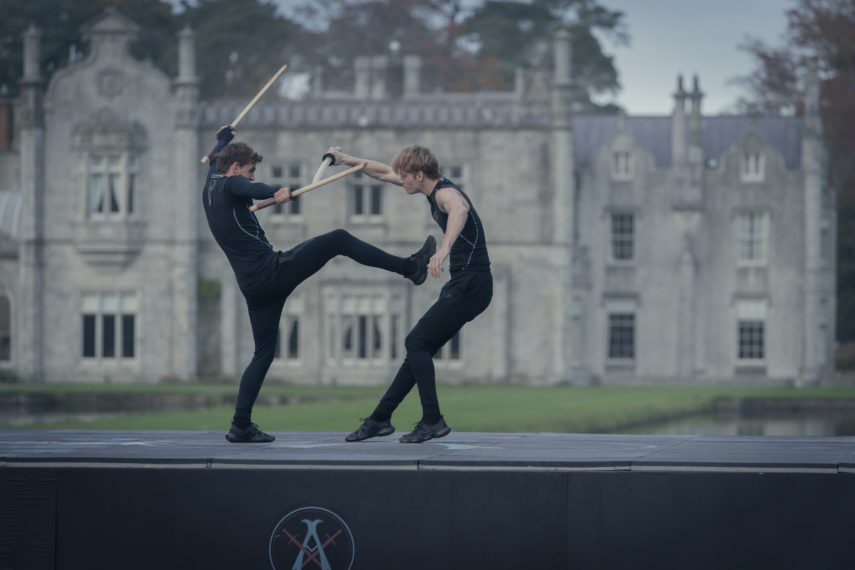
Jonathan Hession/Netflix
The Winx suitemates include the type-A water fairy Aisha (Precious Mustapha), the people-pleasing but surprisingly brave earth fairy Terra (Eliot Salt), her empathetic (literally) roommate Musa (Elisha Applebaum) — struggling with her own demons — as well as the stuck-up Stella (Hannah van der Westhuysen), whose personality is a complete 180 from her animated character. A cast standout is the sinister Beatrix (a bewitching Sadie Soverall), a fairy with lightning powers (a callback to the witch Stormy from the original series) with her own mysterious motives for being at the school.
With only six episodes (a short season even for a Netflix series), the plot is thickly packed into each episode, making it difficult to look away. The series does a good job of effectively balancing teenage drama and high-stakes adventure, and making Bloom the center of conflict as she searches for clues about her past and strives to control her exceptionally powerful fire magic. Cowen proves herself adept at anchoring the show and makes for a compelling lead.
The world-building of this fantasy series is a little unevenly developed. Taking place in the “Otherworld,” which includes multiple magical realms, we don’t get a good idea of what life looks like outside of Alfea. Probably the most glaring plot-hole is what the specialists are — a concept that the first episode teases at explaining and then doesn’t, which is a similar problem in the animated series.
The specialists, as far as we know, are non-magical people who live in the Otherworld and are training to be warriors, but why they don’t have magic like their fairy counterparts, or why they’ve chosen to be specialists (are there other professions that non-magical people can engage in?) is opaque.
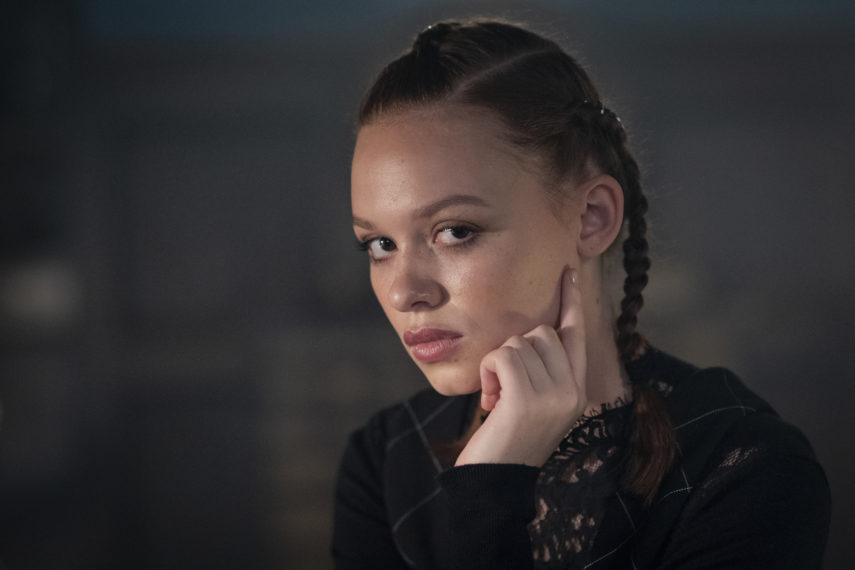
Jonathan Hession/Netflix
On the flip side, one major change for the better made by the new series is that the fairy and specialist schools are co-ed, and the school for witches has been eliminated. Alfea itself feels rich with life, and as the history of the school is revealed, and secrets are unraveled, viewers will be left wanting to know more.
Extraordinarily binge-able, fans of teenage fantasy dramas should put Fate on their viewing lists. It’s reminiscent of the 2016 Freeform series Shadowhunters, and one can easily see it going for many seasons. With so many reboots these days, it’s hard to think of many that actually feel warranted, but Fate does that by making the story its own, and updating it for teen and adult viewers.
Fate: The Winx Saga, Series Premiere, January 22, Netflix


